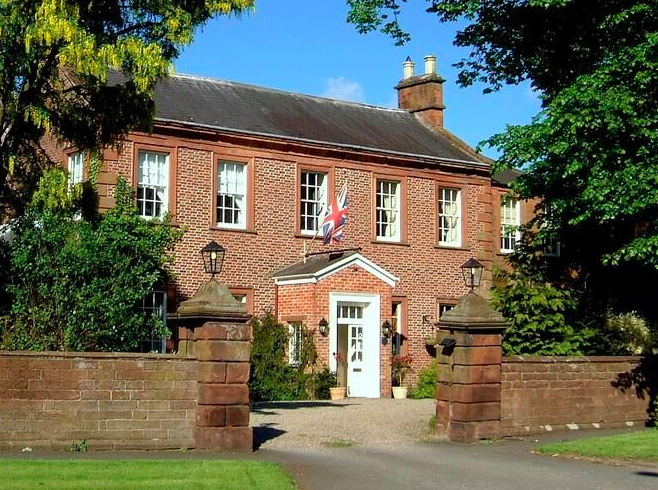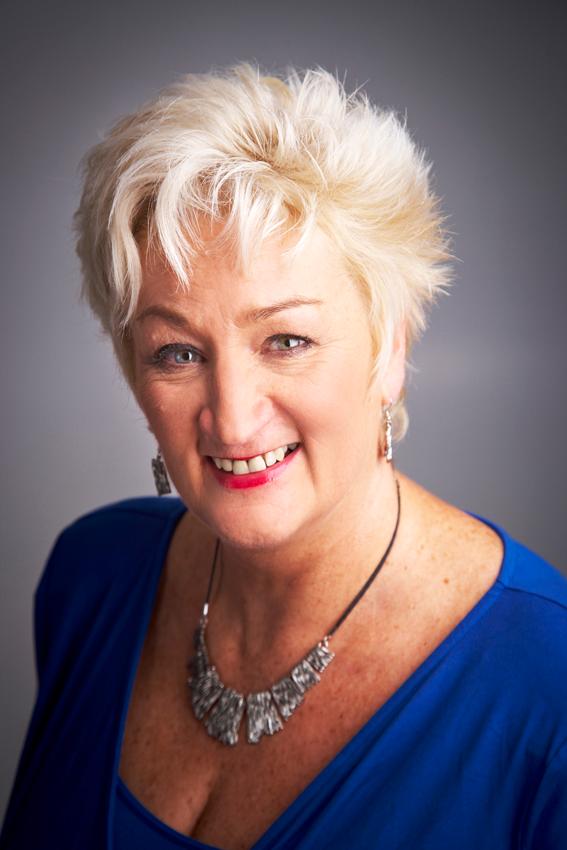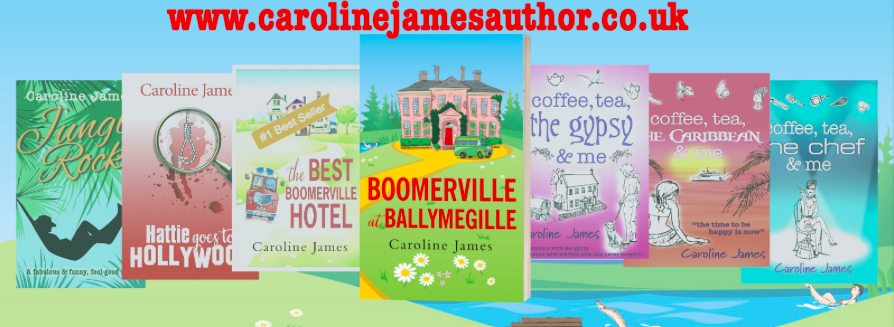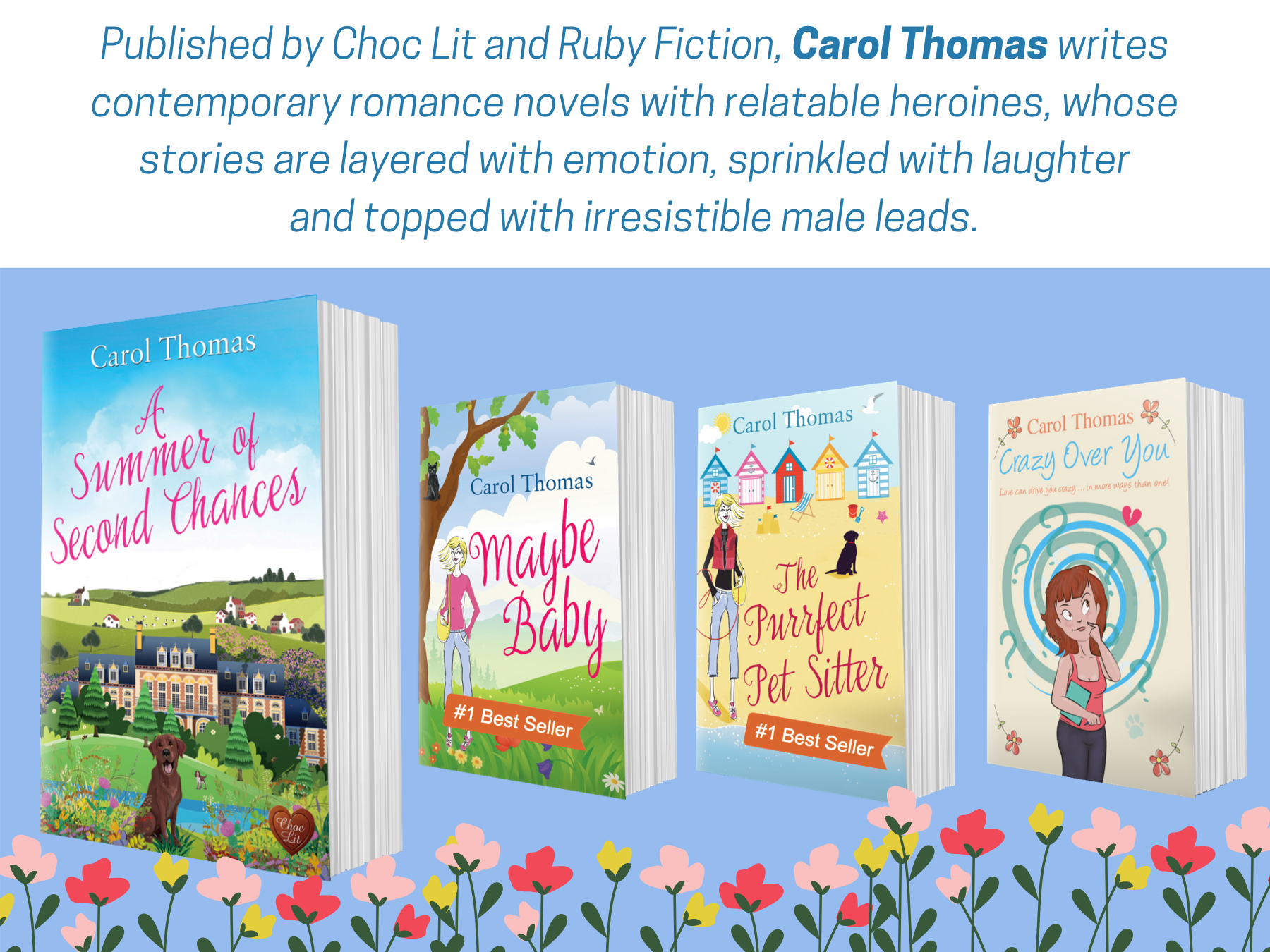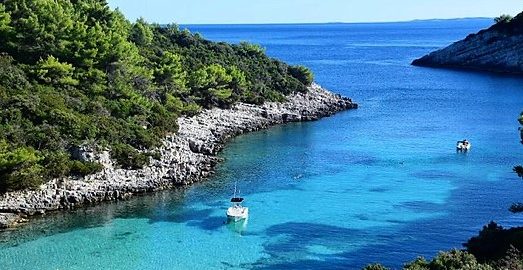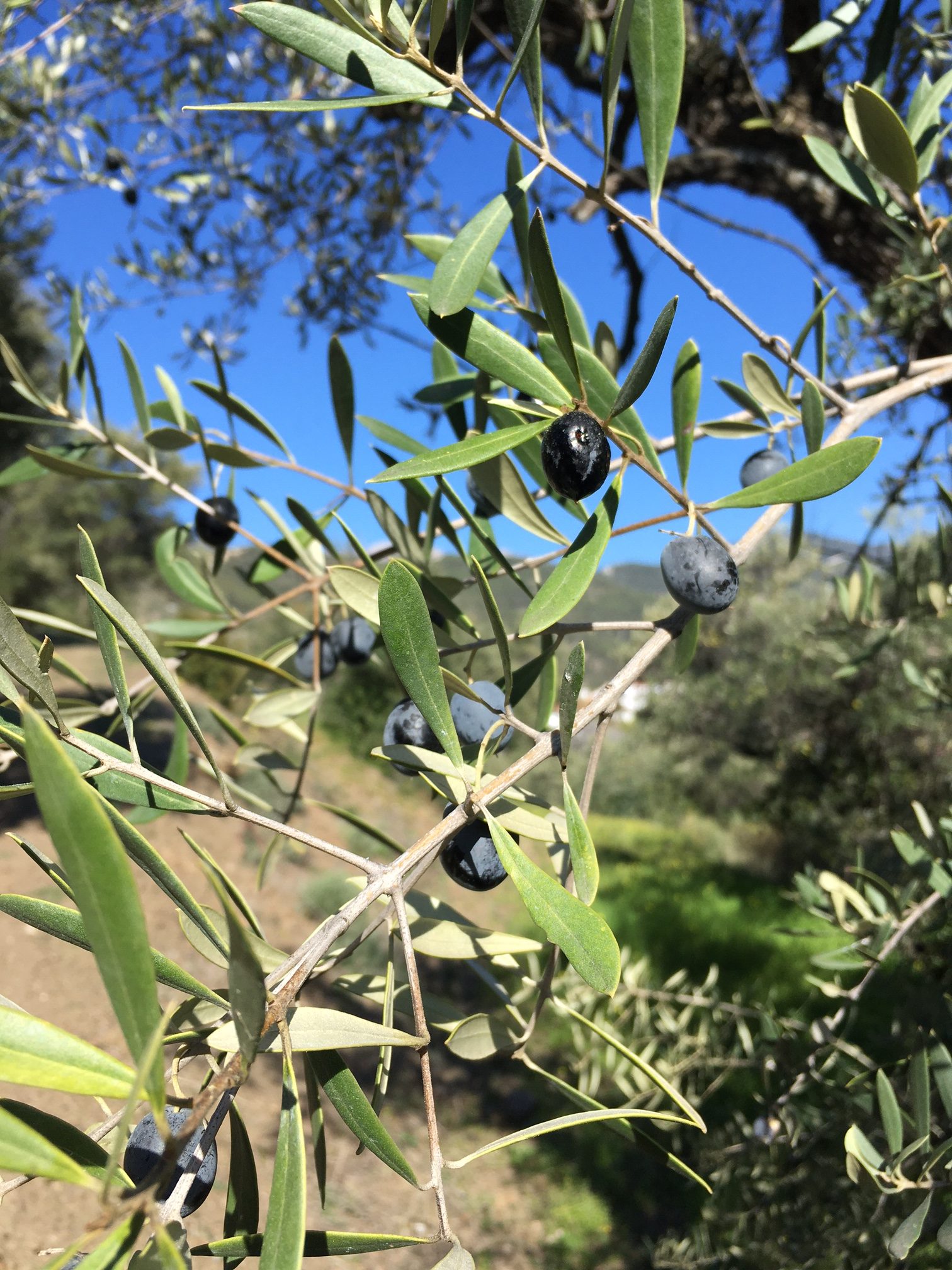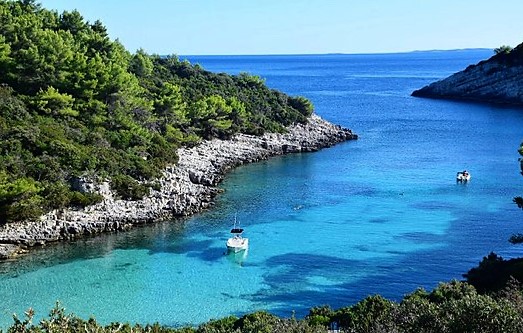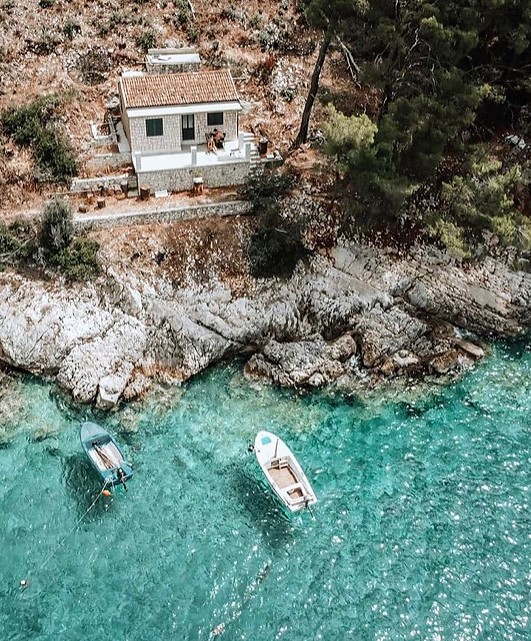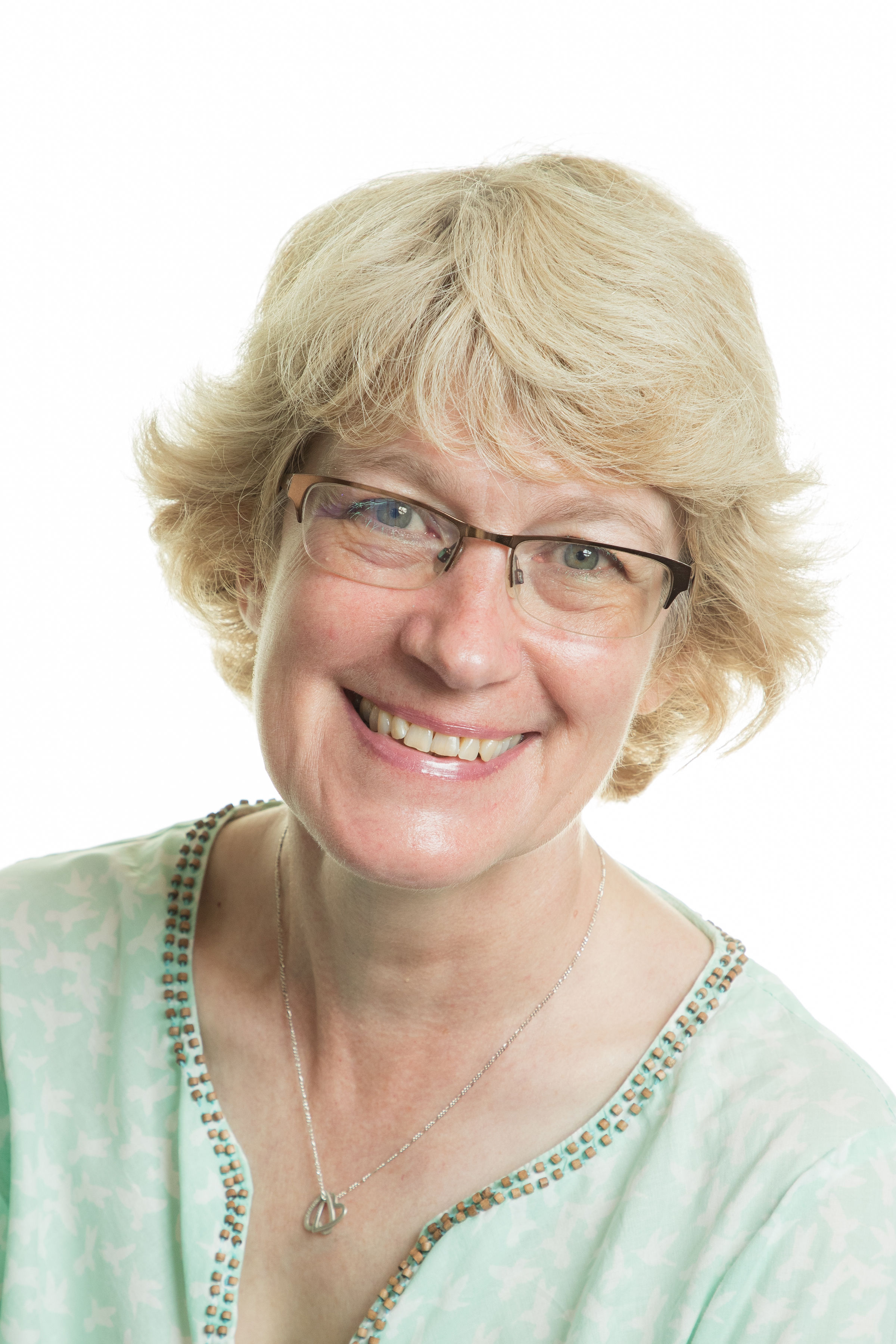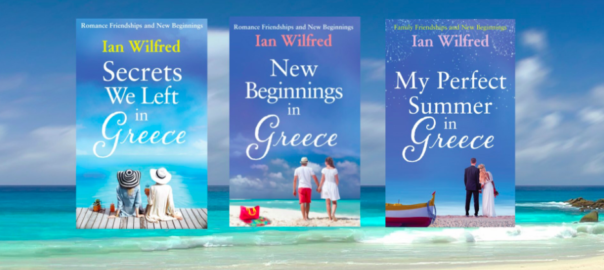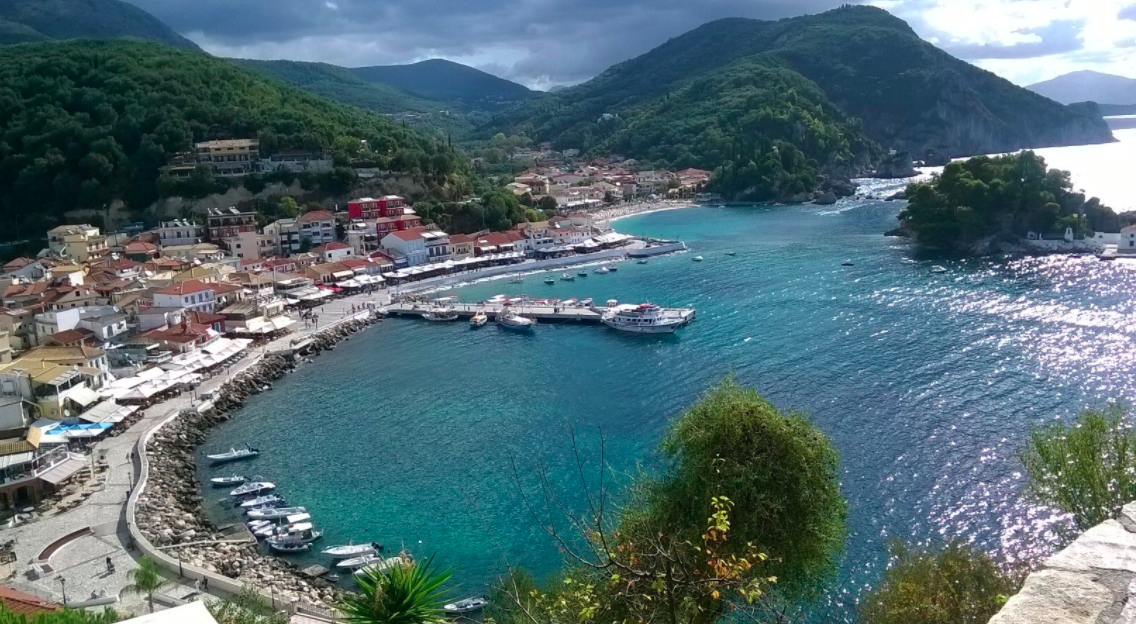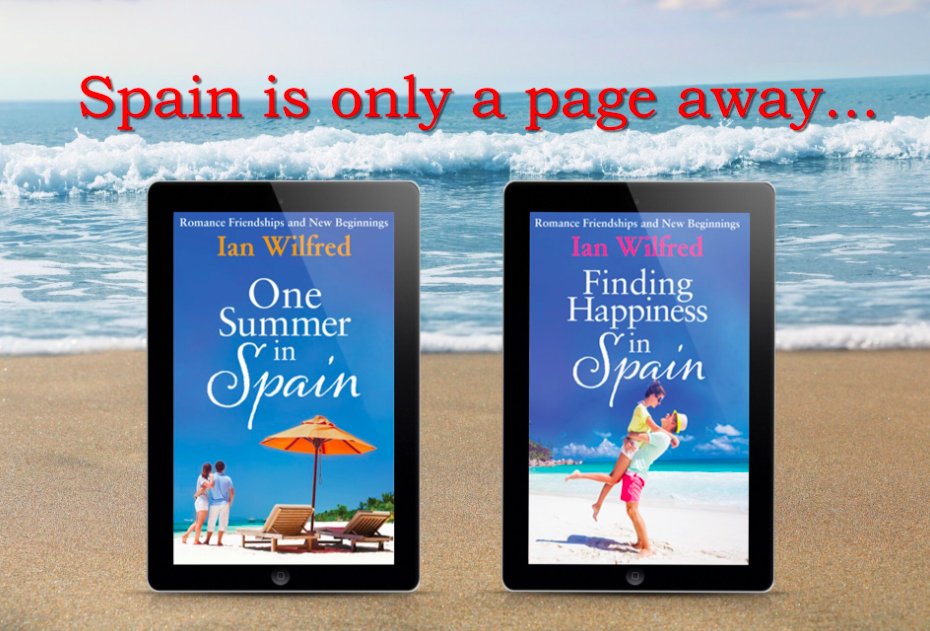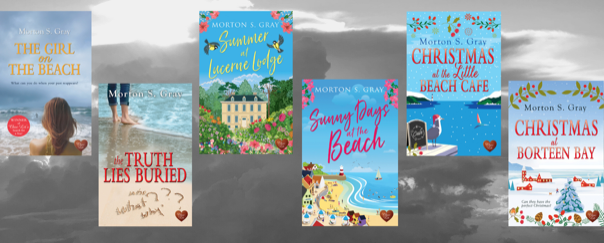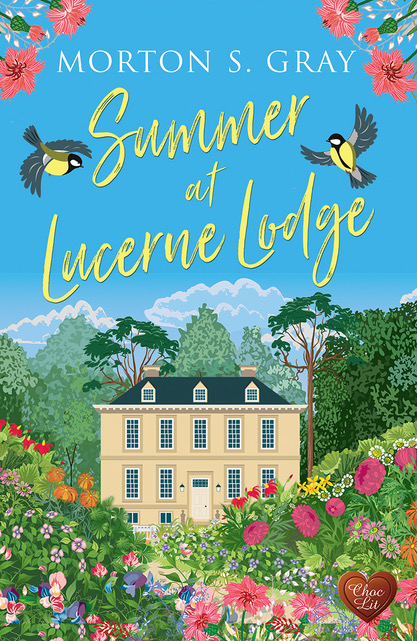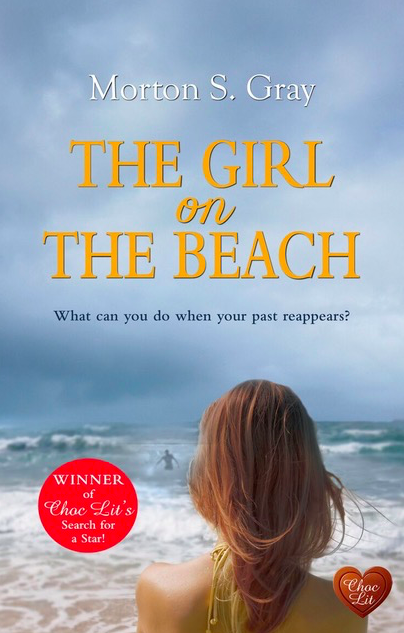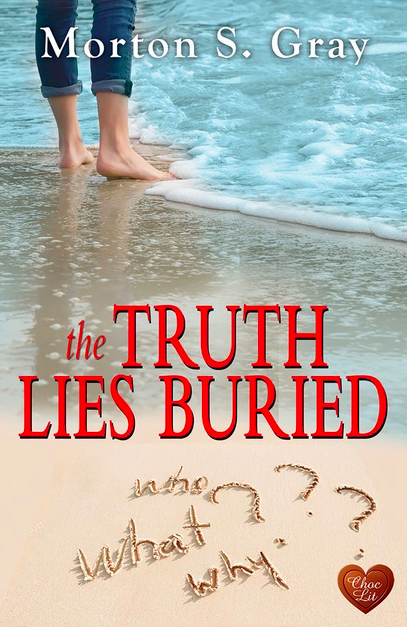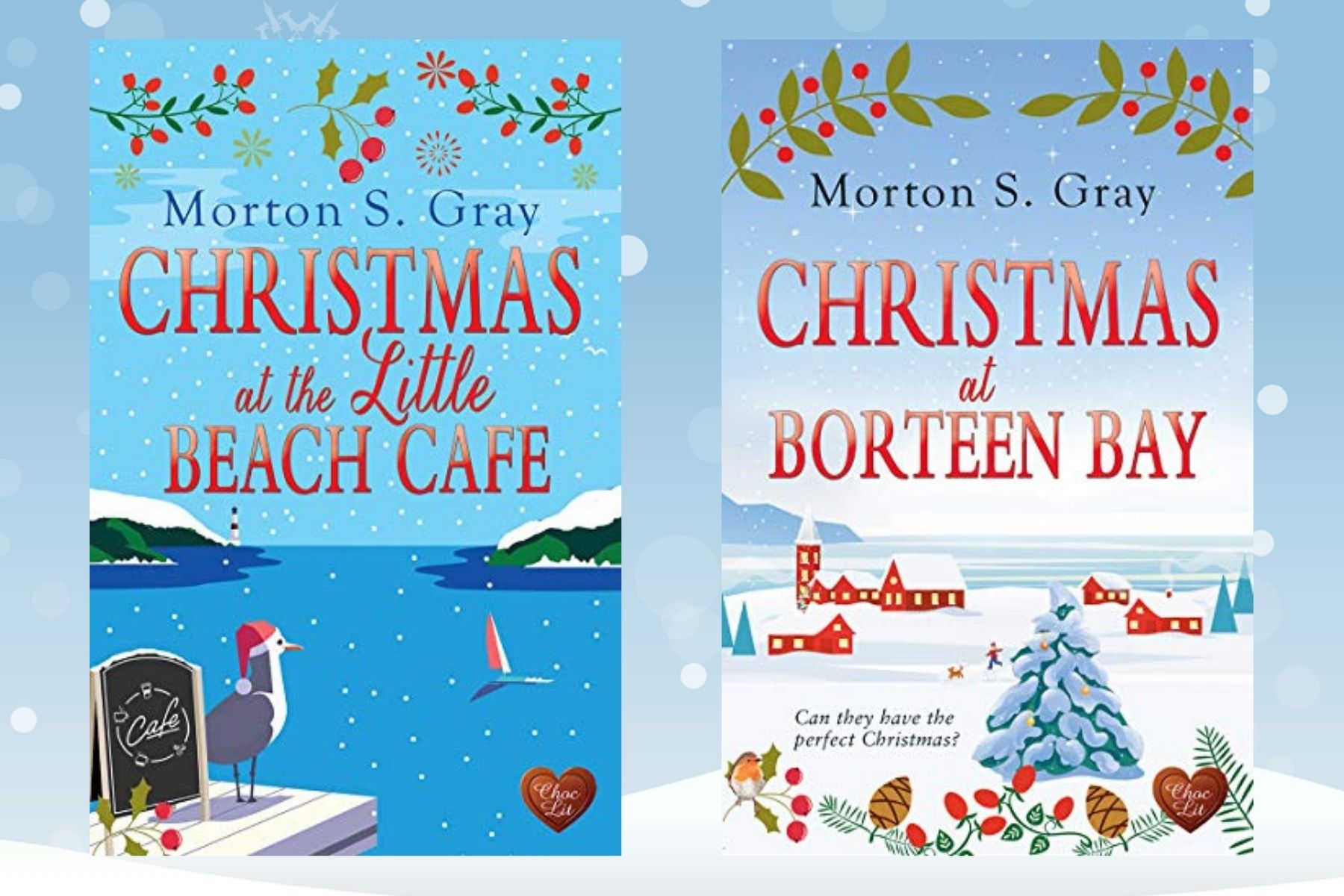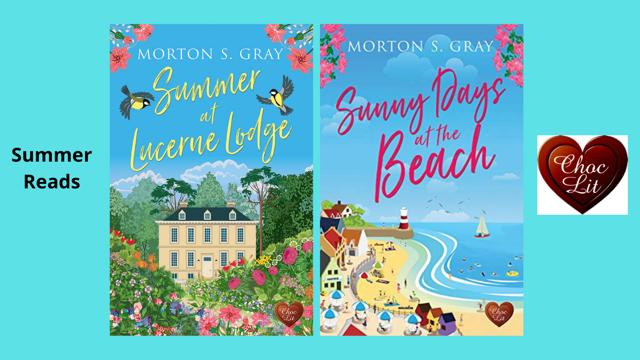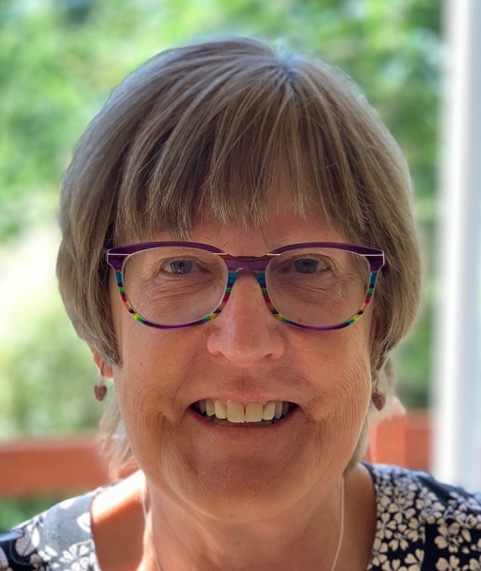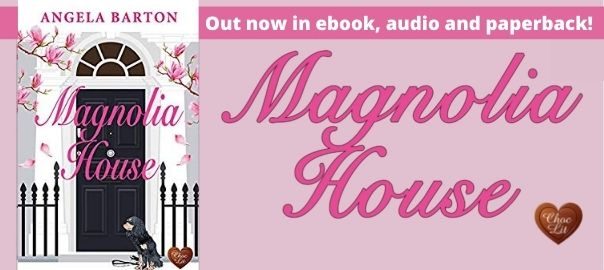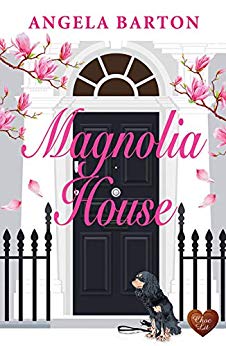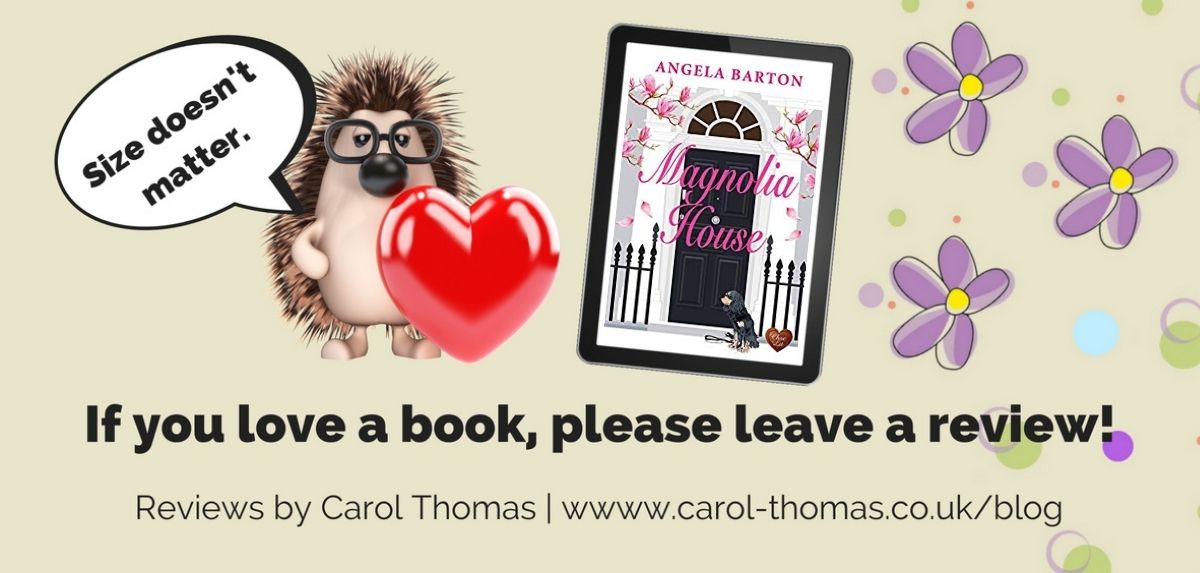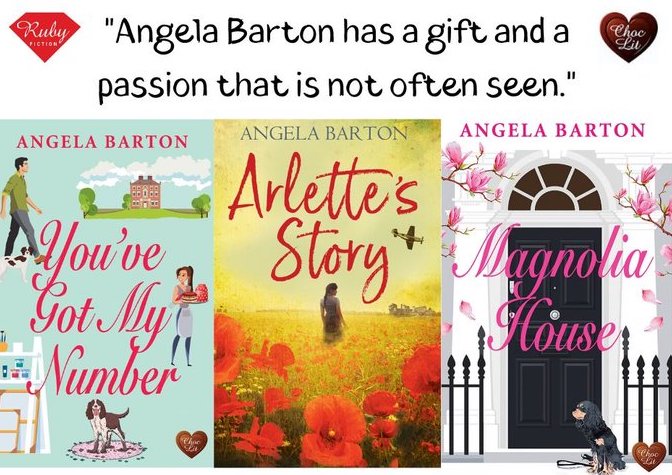This week, I would like to extend a very warm welcome to Caroline James as she talks about Cumbria, the inspiration behind the setting of her novels.
I write about Cumbria after falling in love with the county many years ago. Also known as the Lake District, it is a creative’s dream and has inspired writers for centuries. My novels have sometimes featured a fictional hotel named Boomerville, popular with guests over the age of fifty. I once owned a hotel in the northern part of the county and knew that one day, it would be an excellent source for stories when I eventually glued my rear to a chair and began to write.
My fictional guests, often older protagonists, like the real guests who came to my hotel, flock to the area to experience the beauty and splendour of the landscape. In The Best Boomerville Hotel, I want the guests to have fun. They enjoy courses such as pottery or art and participate in whacky events where they may get stoned in a tepee with the resident shaman or hold a séance with Queenie, the clairvoyant. As I get older, I embrace my age and want my readers to enjoy the character’s journey as they find themselves experiencing new things too.
For several years I ran a pub, then a hotel in the Eden Valley and was captivated by the warmth of the locals who were so supportive to a newcomer. The hotel had been the principal house in the village and, with an impressive Georgian frontage, was set in three acres of lovely walled gardens with a large Victorian conservatory. Walking along the shadowy ridges of the fells in my spare time restored my spirits after a hard day at work and spurred my creative juices, for even then, I knew that I wanted to write stories based in this special place.
My first novel, Coffee Tea the Gypsy & Me, was set in a fictional village, but the market town of Appleby was the location behind the story. Appleby holds an annual gypsy horse fair, often hated by the locals but loved by the thousands of visitors who flock to the town. The fair was an ideal setting for a story. I live in Lancashire now but often travel into Cumbria for an afternoon or evening walk, and being beside the water of the lakes is something I treasure. My favourite lake is Ullswater, and my much-loved time of year is autumn when the leaves, crisp underfoot, turn to scarlet and gold, and there is a delicious chill in the air.
My latest publication, Hattie Goes to Hollywood, is set in a fictional village close to a lake. Ullswater was the inspiration for the novel. The main character, Hattie, a new resident in Hollywood, turns into a Cumbrian Miss Marple when she discovers three suicides in the village.
I write feel-good novels and hope that they uplift the reader. Cumbria has long been my muse, and I owe a great deal to this extraordinary place.
Carol, thank you so much for hosting me on your wonderful blog.
Happy reading everyone xx
Thank you so much for stopping by and for sharing your lovely blog and photographs. Autumn is my favourite time of the year, too. xx
About Caroline James:
Author of women’s fiction, Caroline James has owned and run businesses encompassing all aspects of the hospitality industry, a subject that often features in her novels. She is based in the UK but has a great fondness for travel and escapes whenever the pandemic allows. A public speaker, which has included talks and lectures on cruise ships world-wide, Caroline is also a consultant and food writer. In her spare time, Caroline can be found walking up a mountain with Fred, her Westie, or sipping raspberry gin and relaxing with her head in a book and hand in a box of chocolates.
Books by Caroline James: Hattie Goes to Hollywood | Boomerville at Ballymegille | The Best Boomerville Hotel | Coffee Tea the Gypsy & Me | Coffee Tea the Chef & Me | Coffee Tea the Caribbean & Me | Jungle Rock
Discover more about her novels or contact Caroline here: Website | Twitter | Facebook | Blog | Amazon


